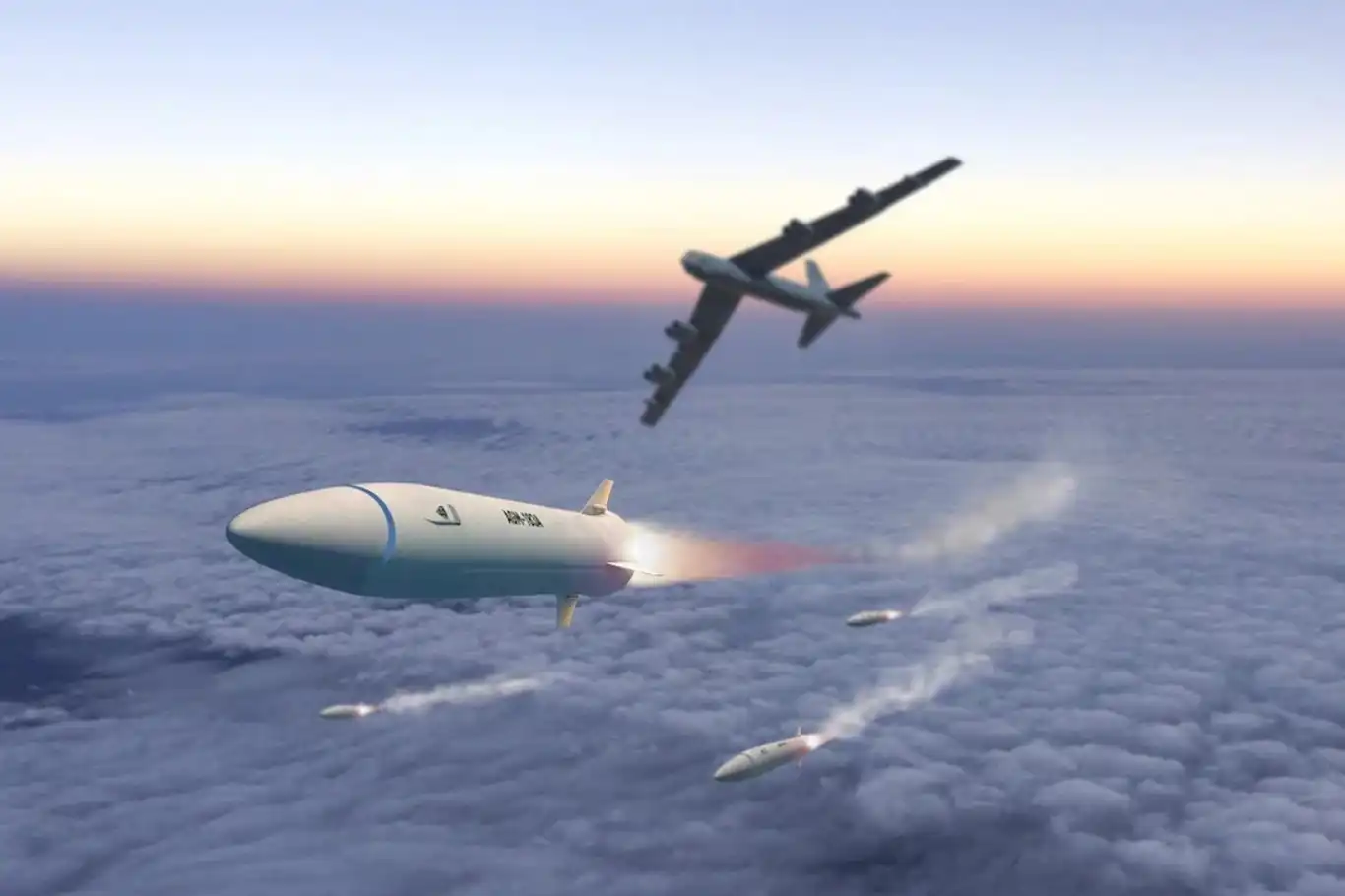China conducts final tests on hypersonic air-to-air missile


China has successfully completed final testing of a secret hypersonic air-to-air missile, according to local reports, signaling a significant advancement in the nation’s military capabilities.
The missile has undergone rigorous heat resistance testing to meet the operational requirements of the People's Liberation Army Air Force (PLAAF).
This marks the first official acknowledgment of the missile's existence, which observers suggest could pose a substantial threat to advanced U.S. military aircraft, including the B-21 Raider stealth bomber, currently undergoing flight testing.
The development of the hypersonic missile highlights China’s ongoing efforts to close the technological gap with the United States in terms of air combat capabilities. Hypersonic weapons, known for their speed, maneuverability, and ability to evade traditional missile defense systems, represent a growing area of competition among global military powers.
Military analysts believe that such a weapon could undermine the effectiveness of U.S. air power in the region, challenging the operational dominance of key aircraft deployed by the U.S. Air Force.
China's military advancements come as no surprise, given its ranking as the third most powerful military globally, according to Global Firepower, a defense analysis publication. The ranking places China behind the United States and Russia in terms of overall military strength.
The latest tests underscore China's focus on developing cutting-edge technology to strengthen its position in the global military hierarchy, signaling a new phase in the race for hypersonic weapon superiority.
The unveiling of this missile is likely to raise concerns among U.S. defense officials and allies, prompting potential adjustments to strategies and investments in counter-hypersonic technologies. (ILKHA)
LEGAL WARNING: All rights of the published news, photos and videos are reserved by İlke Haber Ajansı Basın Yayın San. Trade A.Ş. Under no circumstances can all or part of the news, photos and videos be used without a written contract or subscription.
Malaysia’s communications regulator announced on Monday that major internet messaging and social media platforms with at least eight million users in the country will be automatically deemed registered as Class License holders beginning Jan. 1, 2026.
Artificial intelligence has, for the first time, been used to autonomously guide a free-flying robot aboard the International Space Station, marking a significant breakthrough in space robotics and autonomous mission operations.
China successfully placed nine satellites into orbit aboard its Lijian-1 (Kinetica-1 Y11) carrier rocket, including an Earth-observation satellite developed under the leadership of the United Arab Emirates (UAE).
A major new study by the Oxford Internet Institute and the AI Security Institute has revealed that conversational artificial intelligence systems can significantly influence people’s political beliefs, raising serious concerns about the future of democratic processes and election integrity.